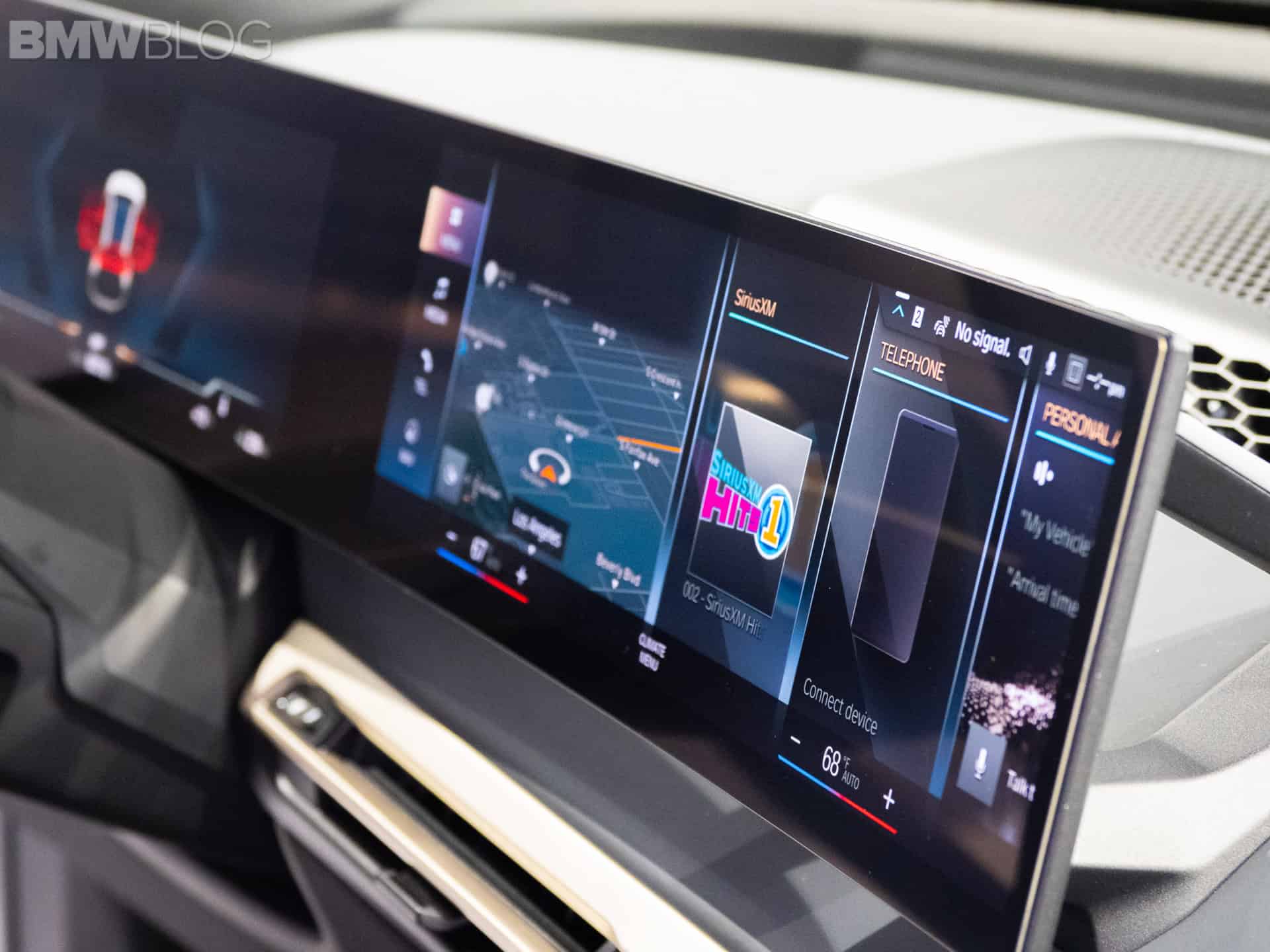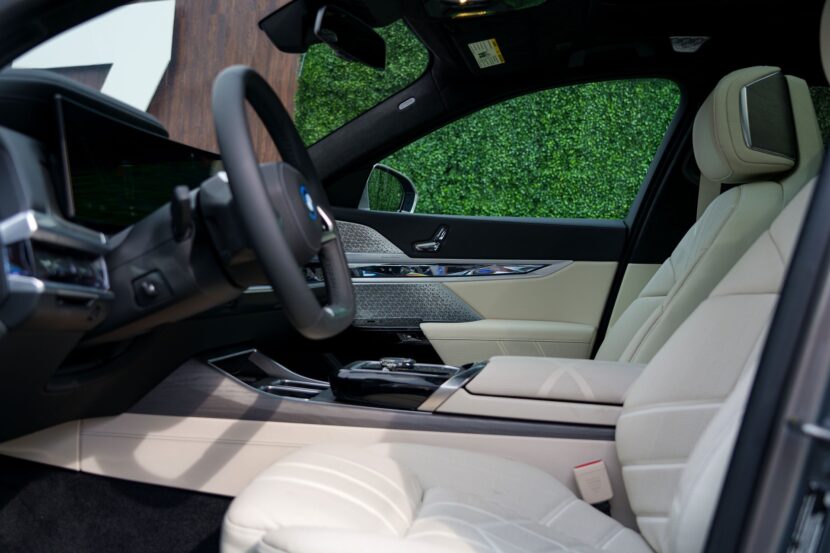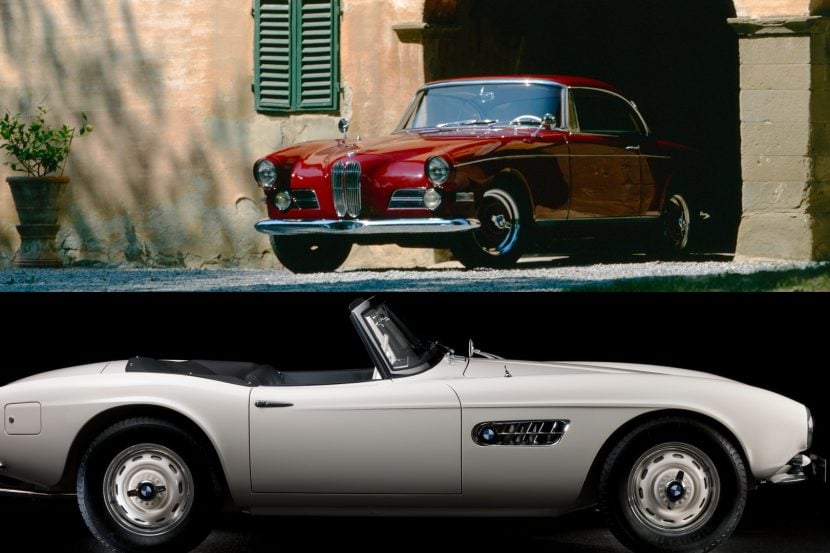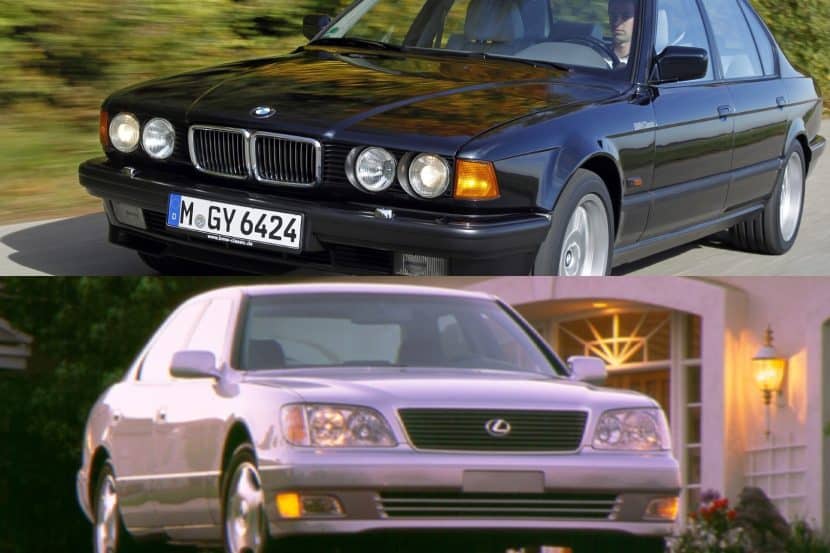BMW made big headlines recently, and not in a good way, for its micro transaction business model for certain options. Essentially, BMW’s new subscription-based payment option for certain car features came under fire, for being a way to charge customers monthly for things like heated seats. Much of the heat was misguided but there are certainly some valid concerns from customers about subscription models for car features.
Some believe this approach brings us one step closer to a dystopian future where all car features must be paid for monthly, or they’ll turn off. However, to play devil’s advocate, there are actually some ways these subscription services and micro transactions can be useful. Let’s take a look at a few examples we came up with.
Cost Savings
When it comes to subscription services, they’re optional for customers. Customers can either choose to buy the option outright, pay monthly, or not have it at all. When it comes to heated seats, even if the customer doesn’t pay for the option, the mechanical components are still in the car. By selling each and every car with heated seats, for example, BMW can have only one seat SKU, which actually makes manufacturing more streamlined and, therefor, a bit cheaper for BMW. But it also could save the customer some money.
You only really use heated seats in the winter, right? At $18 per month, if you pay for heated seats for even five months (adding a fall/spring month in there), that’s $90 per year. On a three year lease, that’s $270 total for heated seats, which is cheaper than buying the option outright. So both BMW and the customer can save some money.
The same thing goes for advanced driver-aid features. Let’s say you don’t want to pay up front for BMW’s upcoming Level 3 driver assist features but you’re going on a very long road trip and you’d like to try it. You can just pay for one month. Then, if you like it, either keep paying monthly or buy it outright.
Updated Features
Let’s say, for instance, BMW’s e-Ink technology, which allows a car’s exterior color to change at the will of the driver, becomes available to the public. Micro transactions would allow customers to buy new versions of the software, which could potentially add new colors or effects. Customers could also buy new apps, as well as streaming and gaming services, for the new 7 Series Theater Screen. Same goes for any BMW EV’s IconicSounds. New digital powertrain soundtracks could be bought and downloaded, making the car sound entirely different.
The latter of which is actually pretty exciting. Imagine every year BMW partnered up with a new composer to create a new EV soundtrack and customers could buy them? That would be an awesome microtransaction feature.
Promotional Giveaways
When buying a car, dealers could independently offer promotions, based on location, time of year, or even holidays. For instance, if customers buy in December, dealers could offer a free month of heated seats, which would then incentivize the customer to buy the option outright after using it and enjoying it in the winter. Dealers could run any number of promotions, to try and get customers into cars and it could be quite beneficial to the customer.
BMW could also do it throughout a customer’s ownership. You’ve been a loyal BMW customer for several years? Have a free winter’s worth of heated seats on BMW. You were one of the first BMW i7 buyers? Here’s the new [insert famous music composer here] IconicSounds pack for free.
If Done Right, Micro Transactions Could be Cool
Don’t get me wrong, I still don’t love the idea of micro transactions and subscription services in cars. However, if done correctly, and massive corporate automakers can be trusted, then such services can actually be quite helpful.




















































